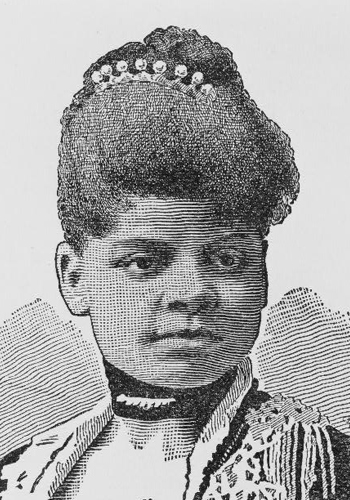
The Evening Times. Grand Forks, ND, June 1, 1909. Ida B. Wells speaks at the National Negro conference about her groundbreaking work on lynching. The article right below focuses on government reforms in reaction to Standard Oil’s corrupt practices. Library of Congress.
Outcomes
In 1911, two years after Ida Tarbell’s work debuted, the Supreme Court ruled to break up Standard Oil’s monopoly, ruling the company had violated the Sherman Antitrust Act. The public reaction and the court case led Congress to pass several additional pieces of legislation, including the Hepburn Act in 1906, to oversee the railroads; the Mann-Elkins Act of 1910, which gave the Interstate Commerce Commission power over oil rates; and the formation of the Federal Trade Commission in 1914.
Unsurprisingly, many powerful industrialists and politicians found fault in the muckrakers’ work. Some Americans felt that the actions of Standard Oil, the meatpacking industry, and the squalor of the tenement housing were merely minor consequences of a capitalist economy and that more people benefited than lost.
At the same time Tarbell was reporting on the corrupt practices of Standard Oil, Ida B. Wells continued to speak out about racism. Black women were among the first to join Wells in her fight against lynching, working through organizations like the National Association of Colored Women (NACW) and the National Association for the Advancement of Colored People (NAACP).
Their efforts contributed to the first antilynching bill being passed by the House of Representatives in 1922. While the bill failed to pass in the Senate, their work heightened public awareness about lynching. More than a century later, the Senate unanimously passed the Justice for Victims of Lynching Act in 2018 and the House passed the Emmett Till Antilynching Act in 2020, though neither bill became law.
Jacob Riis’s book How the Other Half Lives inspired many reforms for working-class Americans. In New York City, laws were passed that set codes for tenement house construction and fire safety regulations.
After Upton Sinclair’s The Jungle became a massive best seller, influential Americans pushed for reforms like the Pure Food and Drug Act of 1906, which improved the quality of their food but not the appalling work conditions. "I aimed at the public’s heart, and by accident I hit it in the stomach," Sinclair lamented.
Muckraking journalism continued throughout the twentieth century with Watergate coverage in the 1970s by the Washington Post's Bob Woodward and Carl Bernstein. Most major newspapers have investigative reporters on their staffs and nonprofit news organizations like ProPublica and the Center for Investigative Reporting continue to conduct full-scale investigative reports.
Discuss the following questions:
- What was some of the criticism of muckraking journalism by Americans who defended the downside of capitalism? Do you agree or disagree and why?
- What legislative success did Ida B. Wells have from her reporting on the lynching of Black people? Why do you think it's difficult to have legislative acts become law in the United States?
- How did New York City and the federal government respond to Jacob Riis’s and Upton Sinclair’s writings on tenement housing and working-class Americans, respectively? How have their writings inspired modern-day investigative journalism?




